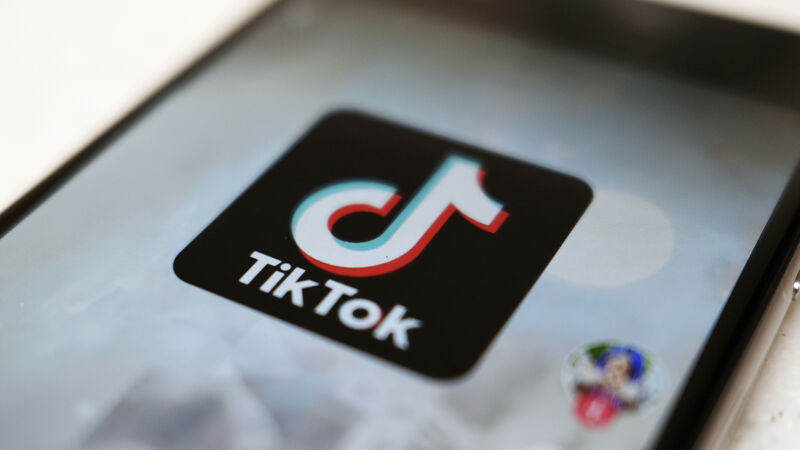Anti-vaccine TikTok videos being viewed millions of times by children as young as nine

Children as young as nine had been able to access Covid-19 misinformation content despite TikTok only permitting full access to the app for those aged 13 and over. Picture: Kiichiro Sato/AP
Lies and conspiracy theories about Covid-19, which have amassed millions of views and are accessible to young children, have been available on the social media platform TikTok for months.
TikTok accounts with hundreds of thousands of followers that discourage vaccination and peddle myths about Covid survival rates were uncovered by NewsGuard, an organisation that monitors online misinformation.










